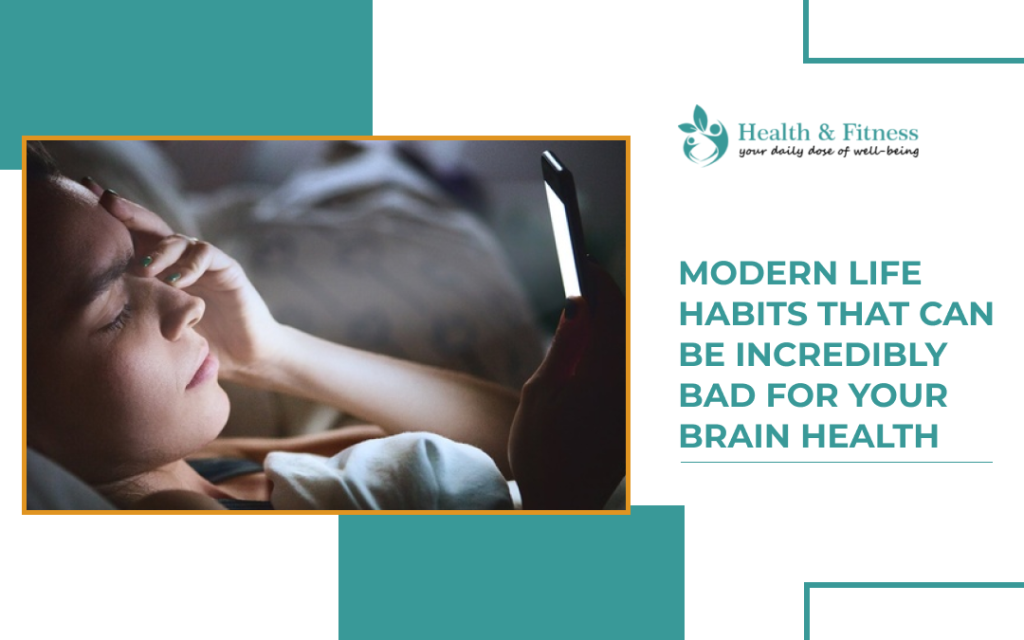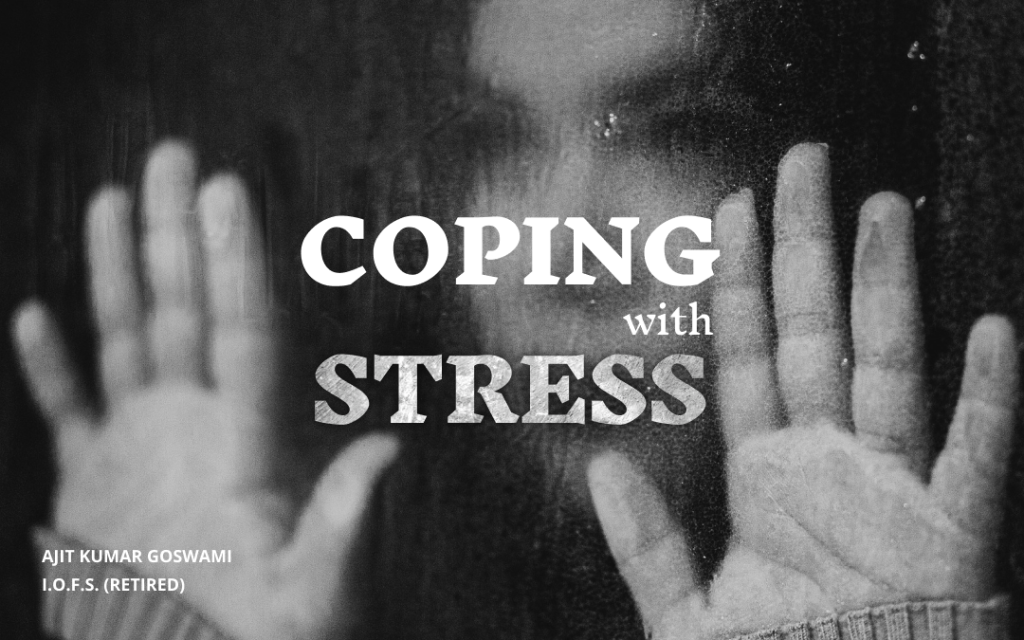No doubt, the modern world is bad for the brain’s health. Our brain is the most precious organ as it works hard around the clock. It uses much energy and requires a certain nutritional amount.
Most of the people sprint through life, working 10 to12 hours a day at work. Even at home, they spent hours on phone and TV and engage themselves in some other mind-stimulating activity. Lifestyle habits that influence your cognitive health must get improvised We must avoid following modern habits and our brain will thank us for doing so.
SLEEP DEPRIVATION
The sleep of good quality is the precondition for optimized brain health. A person deprived of sound sleep could have to bear long-term and short-term consequences. Patterns of sleeping are linked directly to our brains. Lack of sleep reduces thinking capability, impairment of memory, concentration and concludes to depression. Sleeping is very essential as during sleep the brain is busy consolidating memories, processing information, and clearing the toxins.
Recent research has shown that lack of sleep might shrink the brain. Every night a person needs 8 hours of sleep to recharge the adenosine energy that is required for thinking.
LACK OF NUTRITION
A diet poor in nutrients affects mental health at every age. An unhealthy diet enhances the risks of neurologic conditions like dementia and depression.
The good parts of the brain like the decision center, creative centers, and positive relationship center require healthy nutrition. On the other hand, the bad parts such as anger thrive on bad food that can even take over life. Ensure to consume the right food at right time prepared in a healthy manner. It must be a priority to eat food with less sugar, salt, and processed omega-6 fats.
Vitamin B12 is very crucial for nervous system functioning and its deficiency can even lead to memory loss. Likewise, Iron and Vitamin D are critical for brain health.
SELDOM EXERCISING
Our brain needs physical exercise to restore the hormones and neurotransmitters that make us feel good. Time must be spent every day on some aerobic exercises. These ease the symptoms of depression and stress. Exercising slows down the breaking of brain cells. It could take even months to receive the full benefit. Therefore, the habit must be made to stay active all the time.
The exercises such as walking, jogging, or running can assist in the hippocampus area of the brain which is linked to learning and growth. Regular exercise can also slow the shrinking of the hippocampus that leads to memory loss when you get older.
MULTITASKING AND INFORMATION OVERLOADING
You could have heard that multitasking is not good for your productivity. This habit even rewires the brain and turns out to be less effective. According to experts, our brains are not programmed to multitask. When a person is multitasking, there is a cognitive cost every time when they are switching from one task to another.
The stress hormone known as cortisol and adrenaline is released while multitasking that overstimulates the brain and creates scrambled thinking.
HIGH-STRESS LEVELS
In this modern world, almost every person has a stress reaction to many things that happen in our surroundings. The overexposure to stress hormones like cortisol may disrupt the body’s processes.
Excessive stress damages the brain and body and enhances the risk of certain health problems. One must learn to have zero stress all the time by neutralizing after stress within a few seconds to reduce the possible harms.
You must give your time and energy and expect nothing in return. You will definitely have zero stress since you will no longer think from the anger stress brain region.
BLASTING HEADPHONES
You must have heard that you can damage your hearing permanently with your earbuds at full volume. However, it is not only ears but also your brain and can cause even Alzheimer’s disease and loss of brain tissue. The reason could be that your brain has to work harder to understand what is being said. You also cannot store in your memory what is told to you
In order to protect your hearing and brain efficiency, it is very significant to adjust the volume of your headphones and give breaks while hearing with high volume and relax your brain much required rest.
NEGATIVE SOCIAL INTERACTION
Our brain thrives upon social activity and close relationships. The brain needs positive social interaction at home, work, and public place. By negative social interaction means usage of many uncontrolled words at home or work that causes stress and bad health outcomes.
Having positive social interaction means that both entities feel good after the interaction. Every person must reduce negative comments and words while thinking, talking, texting, and writing. Everybody must try to see good in others.
If you really care for your brain health and the quality of thinking, you must learn to be concerned about your brain. The few alterations in lifestyle can boost memory, mental resilience, and overall brain health.



